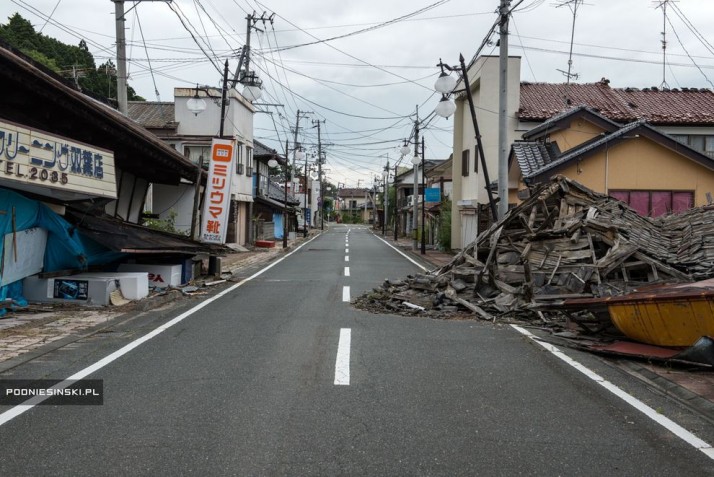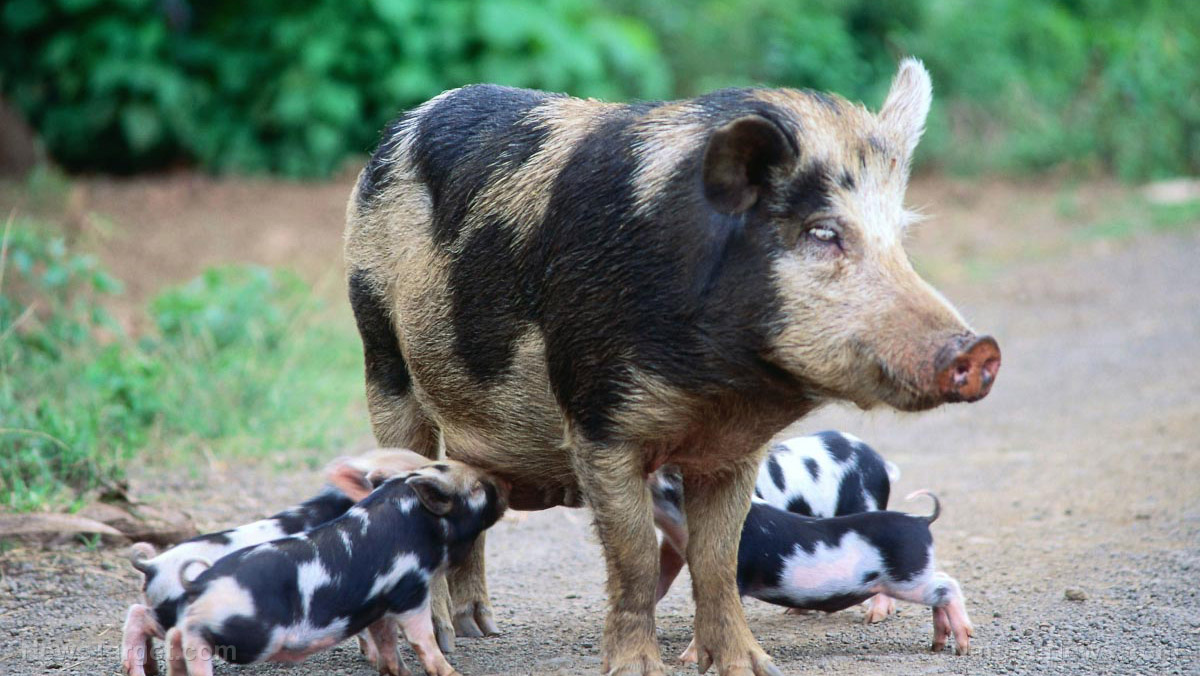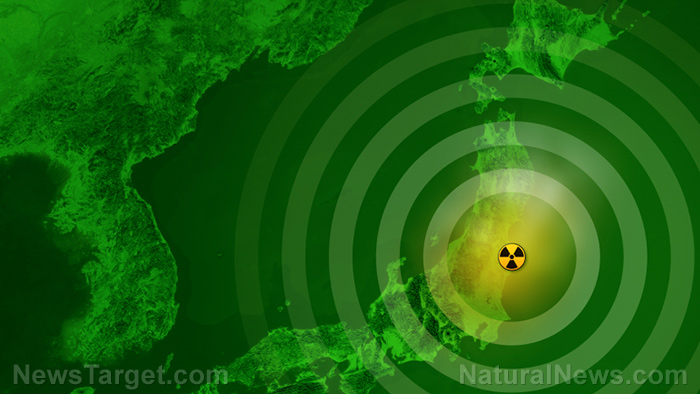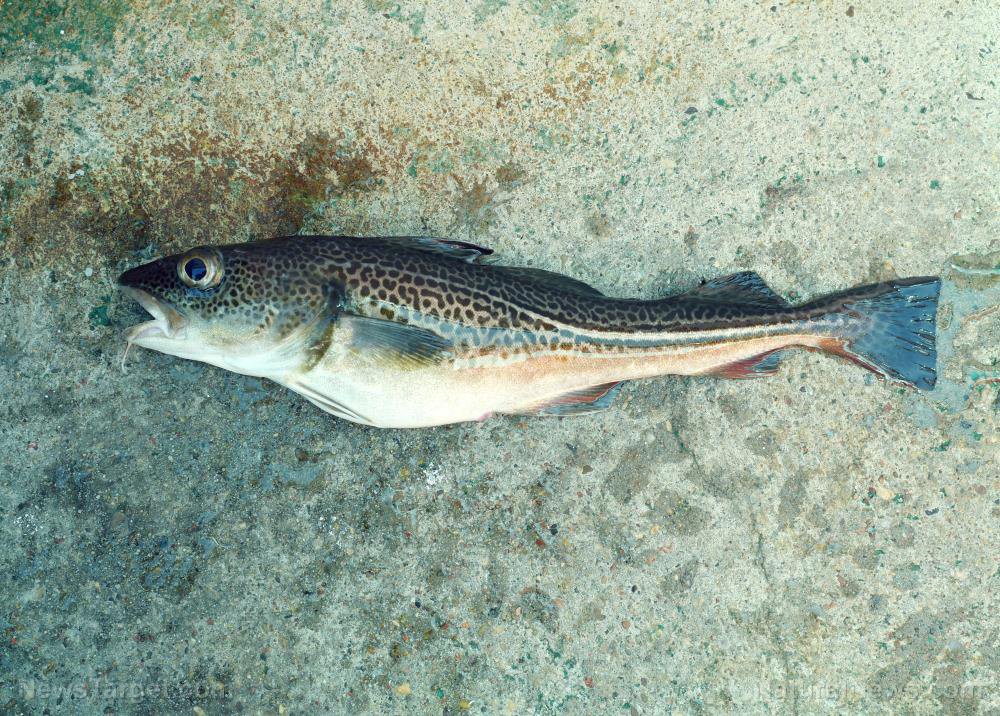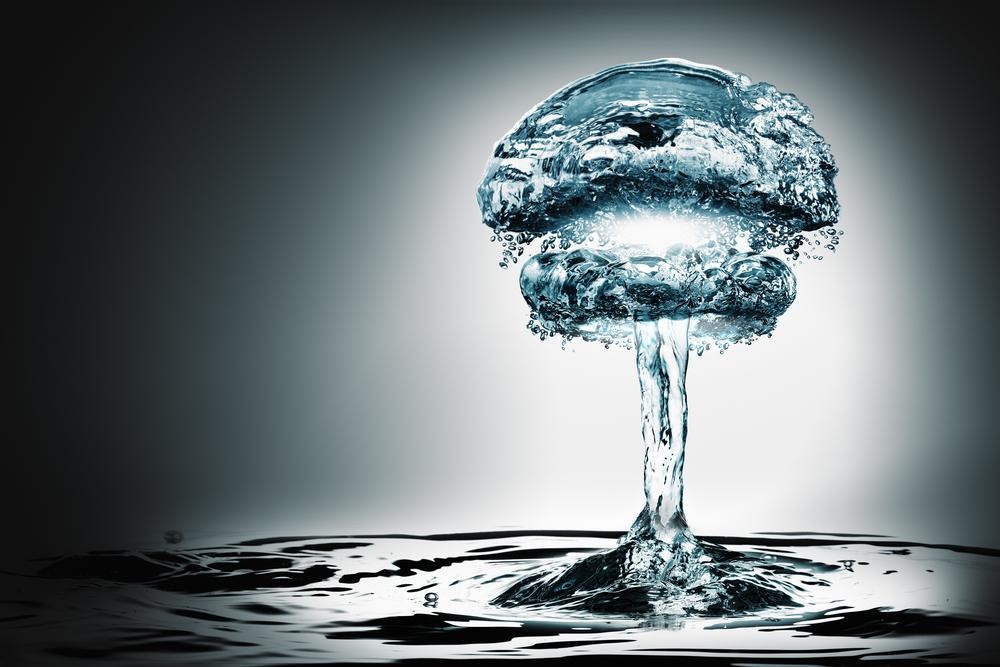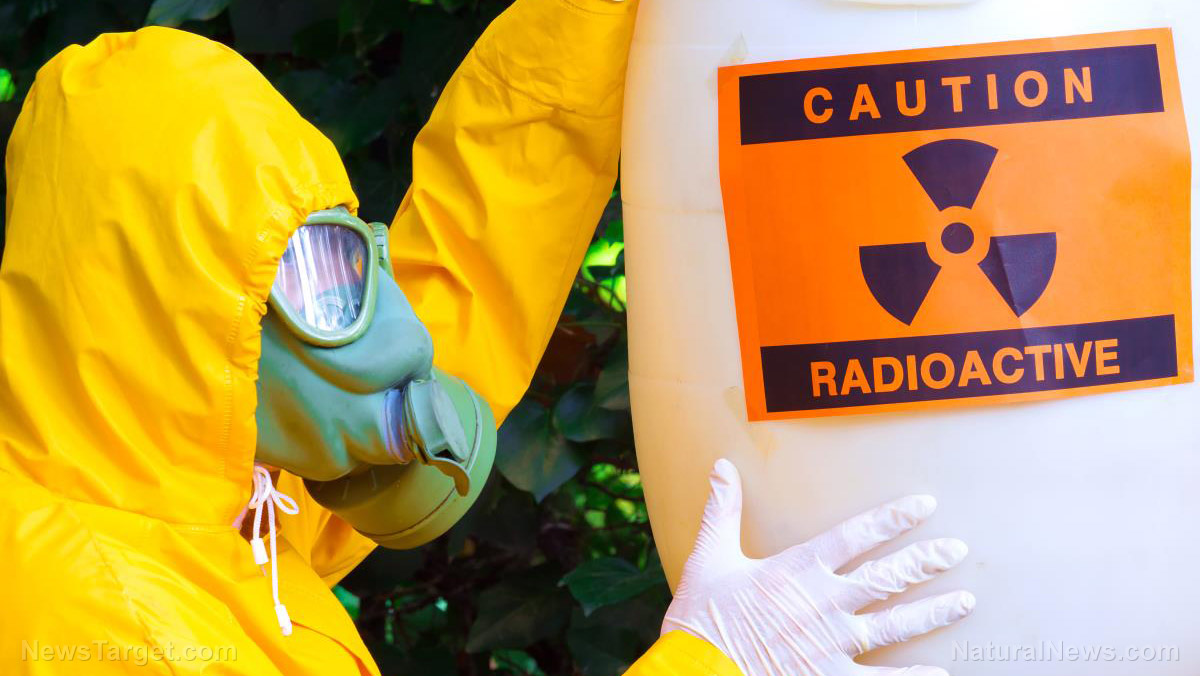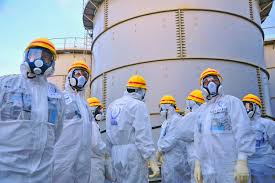Chinese government seizes 881 pounds of baby milk formula smuggled in from Fukushima
08/19/2015 / By Greg White
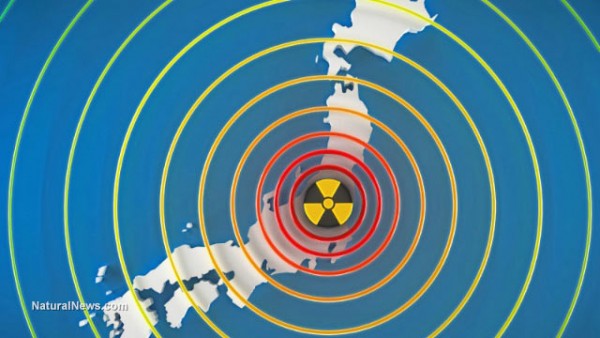
Chinese authorities have seized over 881 pounds of baby formula that was produced and imported from areas near the Fukushima Daiichi nuclear power plant. No excessive amounts of radiation were found in the baby formula. Nevertheless, the baby formula was sent back, since China has banned imports of food products from the area around the nuclear power plant. This was the largest confiscation of banned Japanese food products in China’s Hunan Province to date.
The tsunami that struck the Fukushima Daiichi complex back in 2011 destroyed three nuclear reactors and severely damaged a fourth nuclear reactor. The radioactive waste leaking from the nuclear power plant has contaminated sources of food on the land and in the ocean, including seaweed and seafood, milk, dairy products, fresh fruit and vegetables. Many countries have since banned food imports from Japanese regions believed to be affected by the disaster.
Tokyo claims toxic baby formula is “safe”
The recent confiscation of baby milk formula occurred just one month after Japan requested China to loosen its restrictions on its food imports. This isn’t the first time China has declared baby formula imported from Japan to be unfit. In 2011, trace amounts of cesium from the nuclear power plant were found in Japanese baby formula. Meiji Holdings Company, the Tokyo-based company that makes the baby formula, issued a recall on approximately 400,000 cans of the formula. Nevertheless, Meiji officials declared that babies could “drink the formula every day without any effect on their health.”
Any company that tells its customers to feed infants poison occupies the heights, perhaps depths, of depravity. There are no “safe” amounts of radiation. Even small amounts of radiation can have a cumulative effect on the body over time. Cesium-137, the radioactive isotope found in the baby formula, is linked to an increased risk for various cancers. Infants and children exposed to cesium are at a greater risk for these ailments than adults.
Fake food labels
Taiwan has faced similar difficulties with Japanese imports. Taiwanese officials discovered that hundred of food items had fake labels that lied about their places of origin, which were banned prefectures in Japan. Approximately two dozen food companies were caught importing banned Japanese food products. To make matters worse, many of the food products were sold to customers before they were discovered to be falsely labeled.
As a result of the scandal, Taiwan officials have decided to tighten its regulations on Japanese food imports. Last May, a legislative committee from the island started requiring Japanese food imports to provide documents that proved their place of origin and showed they passed safe radiation levels. People who are caught mislabeling food products can be fined $100,000 and sentenced up to a year in prison.
As should come as no surprise, Japan has more lax food restrictions for products produced near the Fukushima site. As a result, the risk for contamination is much greater in Japan than it is in countries with stricter standards. In 2011, for example, Japanese officials found traces of cesium-137 — the same isotope found in the baby formula — to be over six times the legal limit in beef sold to restaurants from five prefectures.
It’s uncertain what lies ahead for Japan’s export system. The Fukushima nuclear reactors continue to leak nearly 300 tons of radioactive material into the ocean everyday. Given these recent events, it is unlikely that Chinese officials will relax their food safety standards any time soon.
Sources include:
Submit a correction >>
Tagged Under:
baby milk formula, Chinese government, food imports, radiation
This article may contain statements that reflect the opinion of the author
RECENT NEWS & ARTICLES
COPYRIGHT © 2017 FUKUSHIMAWATCH.COM
All content posted on this site is protected under Free Speech. FukushimaWatch.com is not responsible for content written by contributing authors. The information on this site is provided for educational and entertainment purposes only. It is not intended as a substitute for professional advice of any kind. FukushimaWatch.com assumes no responsibility for the use or misuse of this material. All trademarks, registered trademarks and service marks mentioned on this site are the property of their respective owners.

